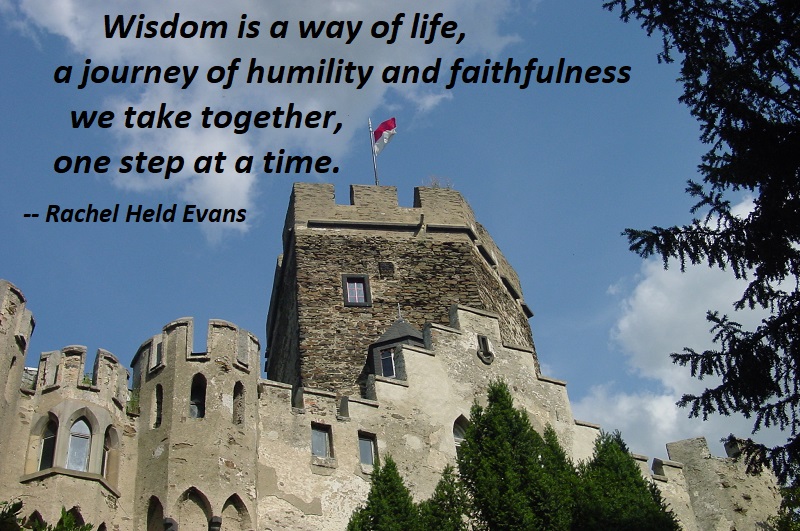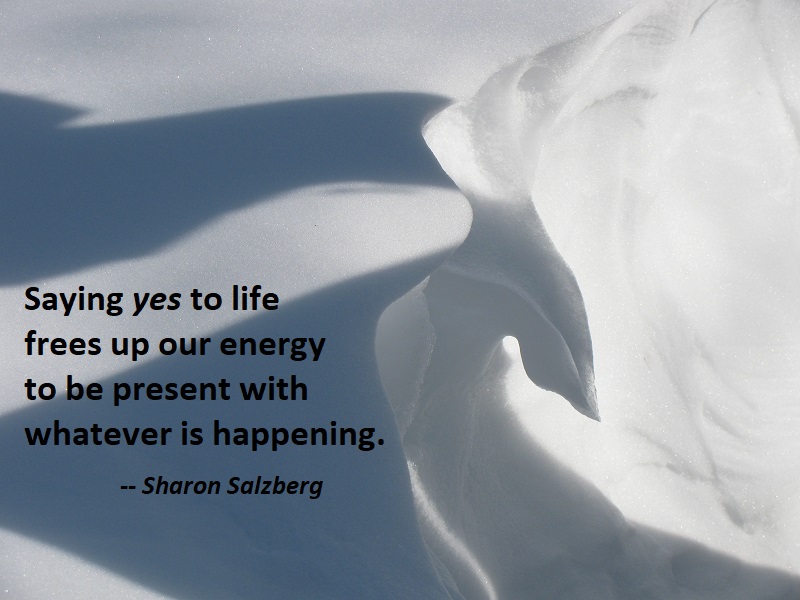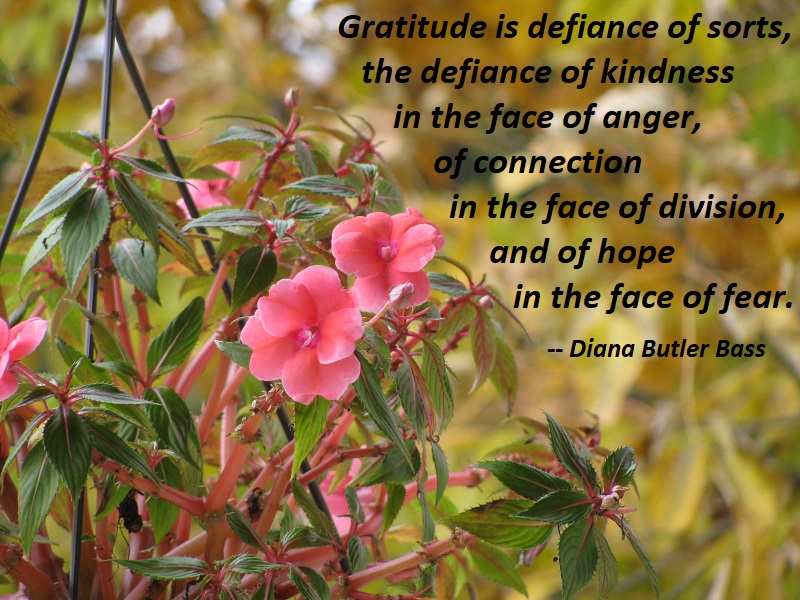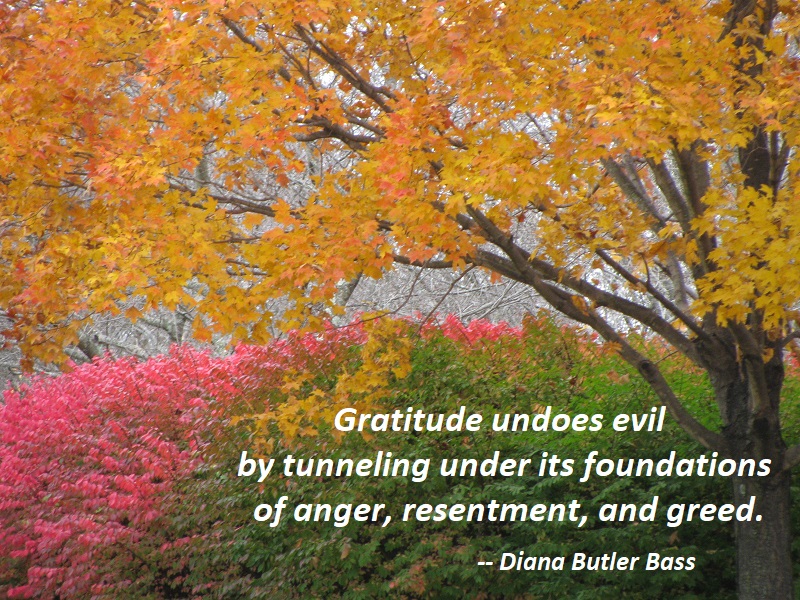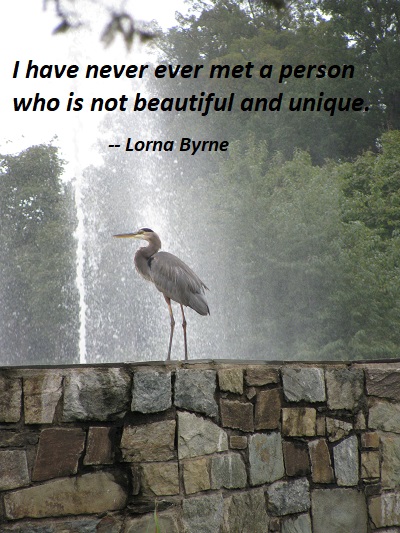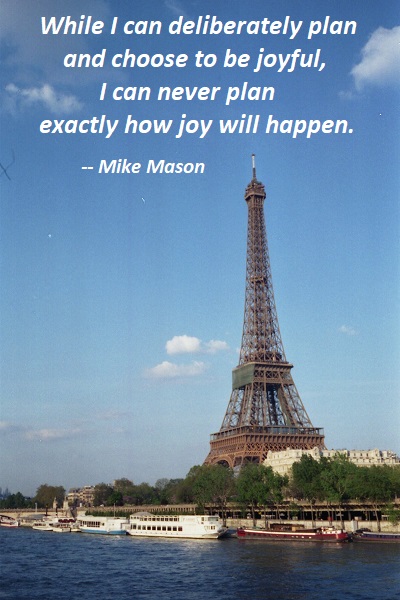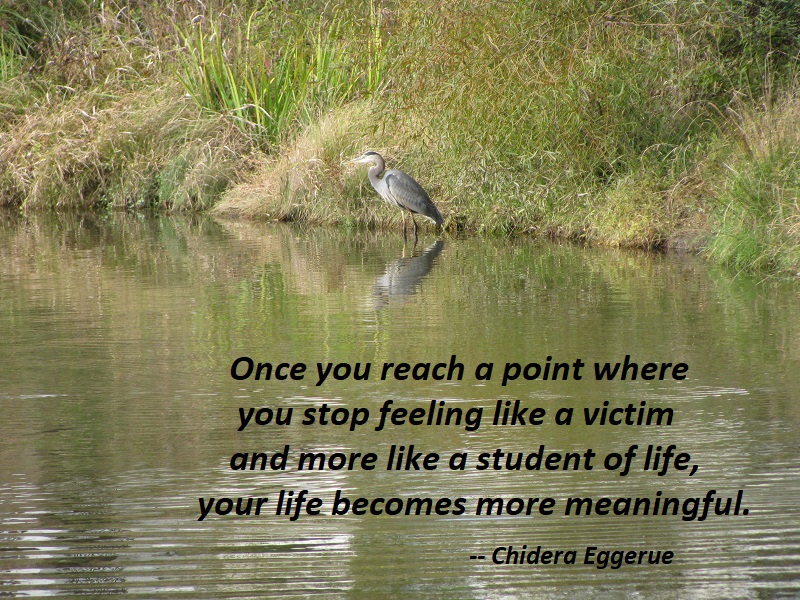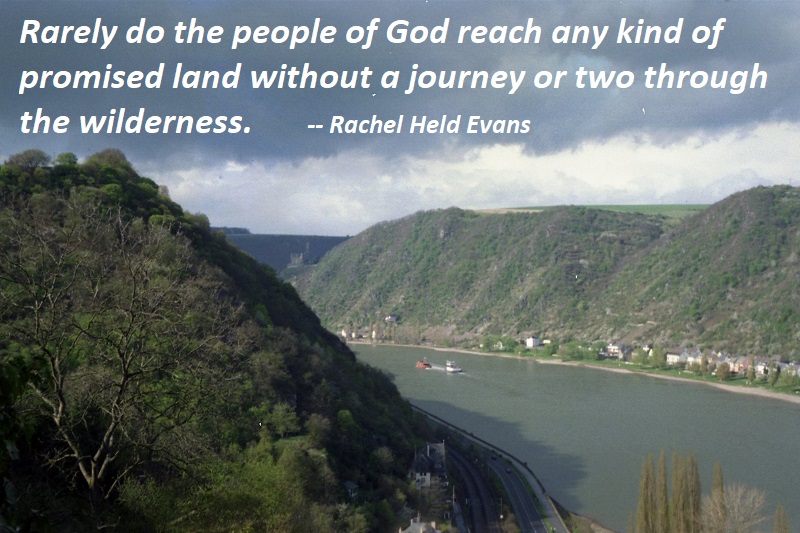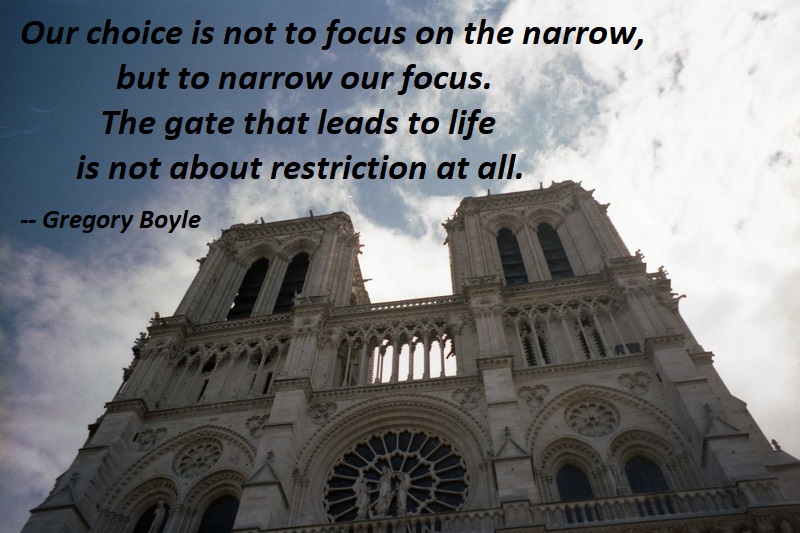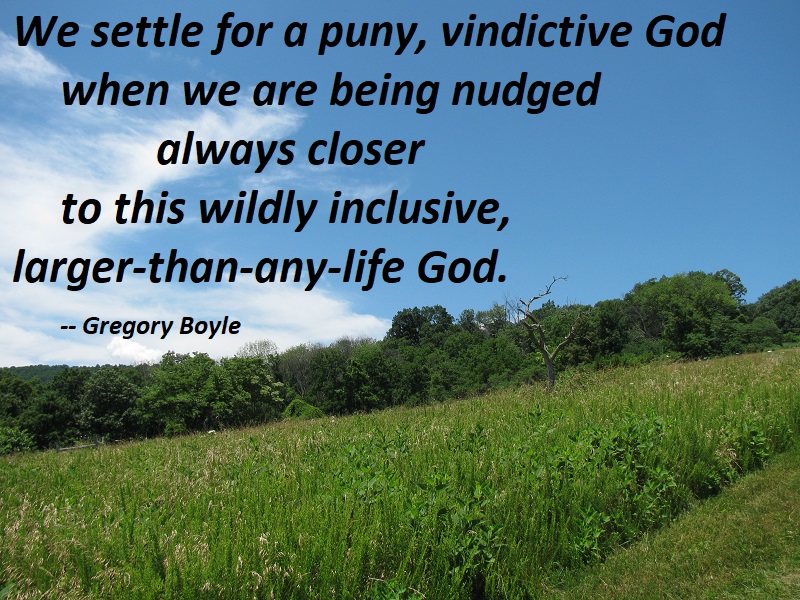The Path of Wisdom
The aim of wisdom literature is to uncover something true about the nature of reality in a way that makes the reader or listener wiser. In the Bible, wisdom is rarely presented as a single decision, belief, or rule, but rather as a “way” or “path” that the sojourner must continually discern amid the twists and turns of life.
I had a college professor who assigned the book of Proverbs to his Psychology 101 class, instructing us to circle in our Bibles every appearance of the word way or path. The point, he said, is that wisdom isn’t about sticking to a set of rules or hitting some imaginary bull’s-eye representing “God’s will.” Wisdom is a way of life, a journey of humility and faithfulness we take together, one step at a time.
— Rachel Held Evans, Inspired, p. 96-97
Photo: Burg Lahneck, Germany, August 22, 2004
